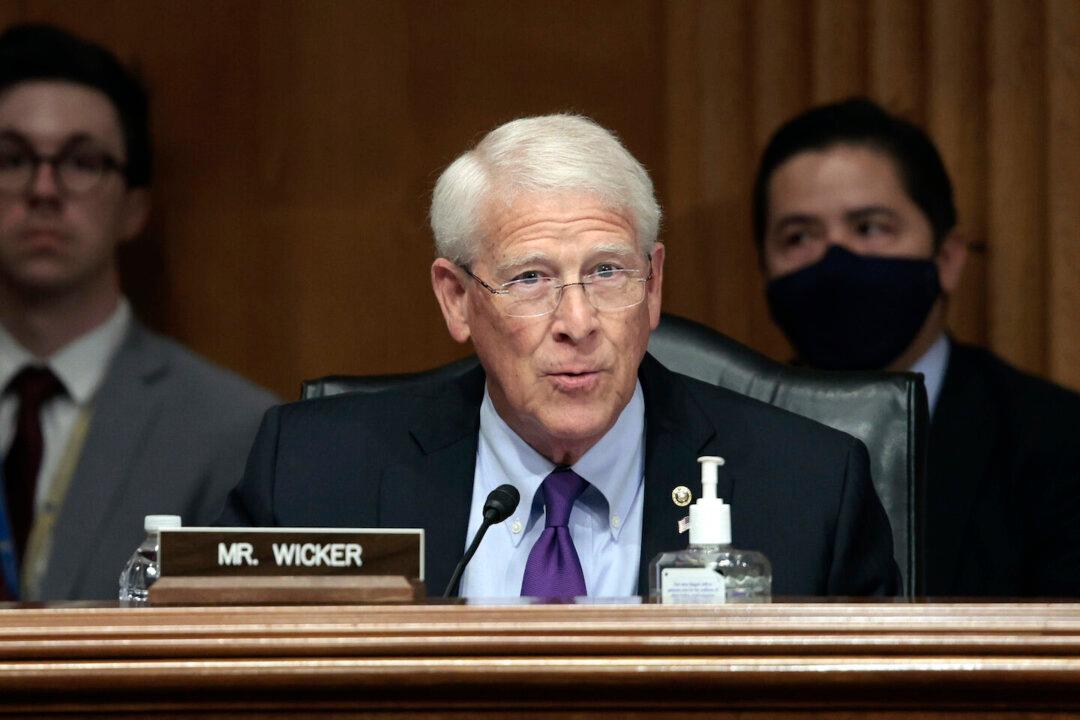Sen. Roger Wicker (R-Miss.) accused Secretary of Defense Lloyd Austin on Monday of providing a list of “non-answers” about his recent secretive hospitalization.
Mr. Austin had been diagnosed with prostate cancer and originally underwent surgery on Dec. 22 to “treat and cure” the disease, according to the Department of Defense. Mr. Austin was discharged the day after his Dec. 22 surgery but was re-hospitalized on Jan. 1 after experiencing severe pain. Mr. Austin’s chief of staff notified Deputy Secretary of Defense Kathleen Hicks and White House national security adviser Jake Sullivan of his hospitalization on the afternoon of Jan. 4.





